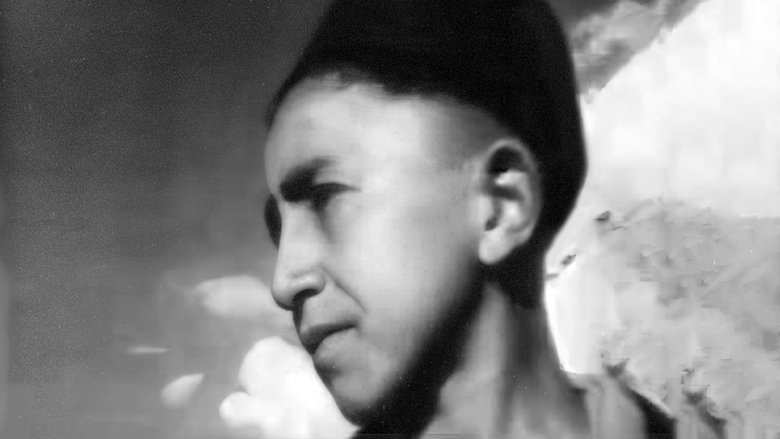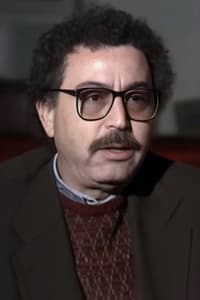How Much I Love You
Genres
Documentary
OverView
Beginning with a promotional reel encouraging farming investments in Algeria and ending with the secret 1950s nuclear tests that France conducted using Algerian prisoners, How Much I Love You appropriates archival footage produced by the French colonial powers in Algeria. Meddour’s approach is disarmingly simple and yet awe-inspiring—his caustic undoing of colonial discourse is underscored by a liberating release of humor.
Others
Budget
$--
Revenue
$--
Status
Released
Original Language
Arabic
Runtime
105 mins
Rating
10/10
Release Date
05 May 1985
Country
Algeria


